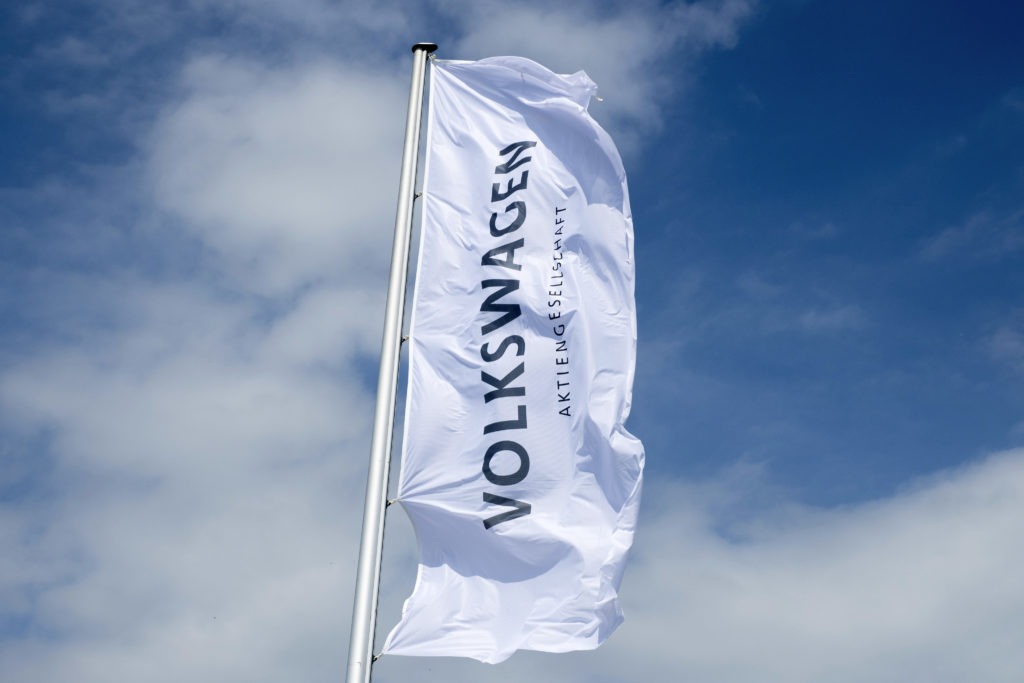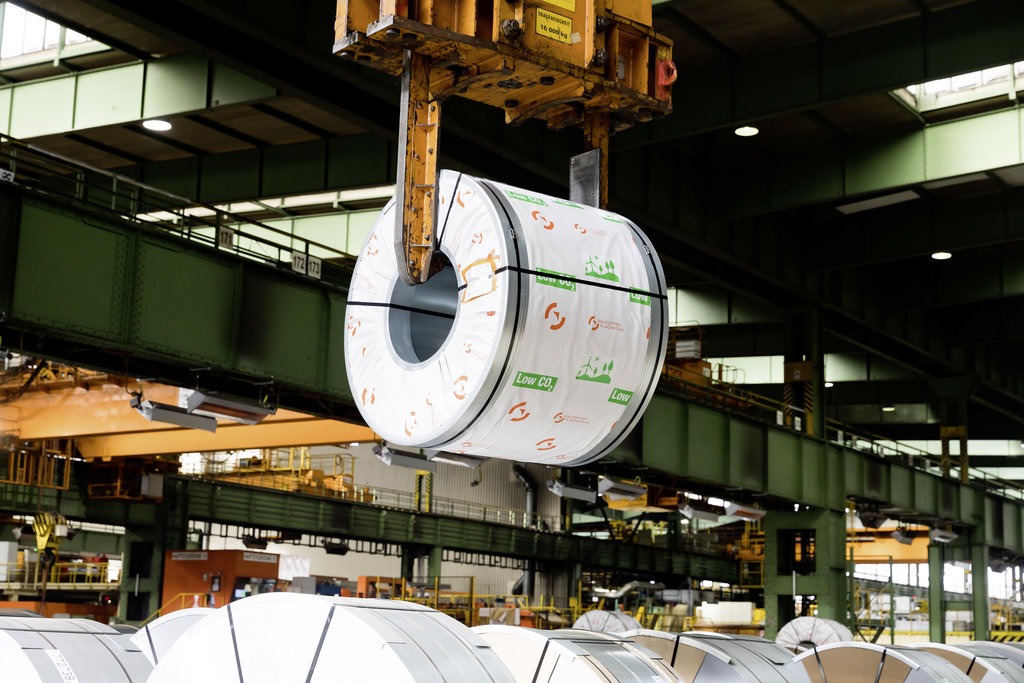Volkswagen rejects challenge on climate-lobbying activities
13 April 2022

Volkswagen (VW) has blocked a proposal by shareholders, who demand that the carmaker explains how its lobbying activities help to address climate risks. This rejection stands in contrast to other German carmakers, including Mercedes-Benz and BMW, both of which recently committed to release a review of climate-lobbying policies as part of their annual reports.
A group of seven European investors, backed by the Church of England Pensions group, said that VW does disclose its trade association memberships. But the shareholders argue that VW lacks a ‘comprehensive disclosure’ of how these associations align with its own climate goals, including the reduction of emissions.
The car manufacturer turned down the proposal on the basis that it was beyond the competence of the general meeting. ‘The board of management alone is responsible for deciding on the content of the non-financial report in accordance with the interests of the company,’ VW said.
When contacted by Autovista24, the company said: ‘Volkswagen Group is already reporting publicly on its activities in the field of public affairs on a voluntary basis. All public-affairs activities serve to support the strategic goals of Volkswagen AG. A key part of these goals is our support of the Paris Climate Agreement and the European Green Deal.
‘We also report in detail on our climate-protection activities as part of the annual sustainability report. These guidelines create a uniform framework for reporting on a company’s climate-related financial risks and opportunities.’
Lack of transparency?
The shareholders who have raised this issue are known as AP7, with the Church of England Pensions Board initiating a dialogue with VW more than three years ago. The filing group includes asset manager Schroders, Swedish pension funds AP2, AP3 and AP4, and Denmark’s AkademikerPension.
The group of investors wants VW’s sustainability reporting to include an assessment of its lobbying impact. The shareholders had hoped VW would voluntarily commit to the proposal and have accused the carmaker of a ‘board knows best’ approach, which it says fails to provide transparent oversight of climate lobbying.
In recent years, big firms, including automotive companies, have improved their climate change governance, and published climate-related financial disclosures in a bid to slash emissions.
‘VW has the potential to be a leader on responsible climate lobbying,’ said Clare Richards, senior engagement manager at the Church of England Pensions board.
‘VW says it wants to play a leading role in a world of zero-emission and autonomous mobility, but then it fails to make, let alone deliver, on a public commitment to greater transparency on how it supports ambitious climate policies. This calls into question the sincerity of the company’s intentions as well as the board’s leadership in overseeing company management,’ she added.
Lobbying standards
Climate Action 100+ is an investor-led initiative that aims to spur on some of the world’s largest corporate greenhouse-gas emitters to act on climate change. Almost half of European companies that are part of this initiative have published at least one climate-lobbying review, with a majority committing to do so annually.
Then there is the Global Standard on Responsible Climate Lobbying, which wants to ensure investors and companies commit to responsible climate lobbying. The shareholders say VW should align itself with these global standards to report on its climate lobbying, which could counteract the transition to a net-zero economy.
The German lobby register shows that VW Group employs around 150 employees for political lobbying in Berlin. While its German rival BMW has promised to publish a review of its climate lobbying policies, an analysis by think tank InfluenceMap last year showed that BMW was among the opponents of climate policy, with the Munich-based manufacturer lobbying against EU plans to phase out internal-combustion engine vehicles.



